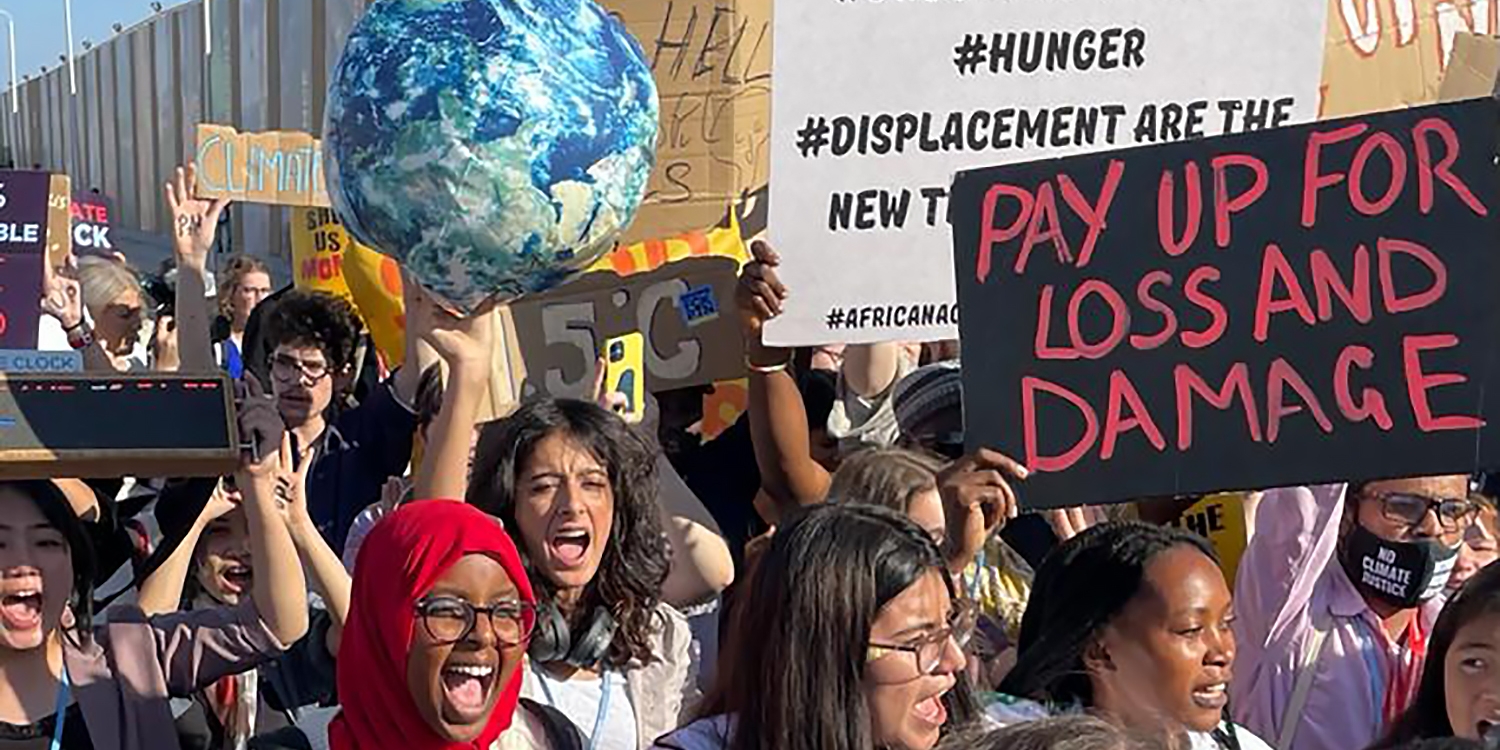FOR IMMEDIATE RELEASE: Wednesday, 9 May 2018 — 14:00 CET / Bonn
To raise ambition, plan for 100% climate-smart finance by 2038
Tuesday at the SB48 UN climate negotiations, on behalf of partners in the Acceleration Dialogues and the Resilience Intel initiative, Citizens’ Climate Education held a public press event to lay out a plan for 100% climate-smart finance by 2038.

Macro-critical math shows it is in the interest of all financial actors to begin moving all financial priorities toward a new standard of ever-increasing climate intelligence, sooner rather than later. After a consultative process, the Resilience Intel coordinating group submitted to the spring round of the Talanoa Dialogue Preparatory Phase a vision for 100% climate-smart finance by 2038.
The Resilience Intel initiative aims to make this possible by:
- Identifying and aggregating climate-smart investments and expenditures of all types at all levels.
- Aggregating from local, micro-scale spending to globally traded climate finance instruments and multilateral funds.
- Tracking climate-negative, neutral and positive segments of the value chain, including micro, mid-range and macro-scale.
- Connecting Earth systems science data to an all-systems multiscale interactive data integration system.
- Developing a simple directional rating system, rooted in this vast and evolving evidence base, to support high-confidence climate-smart decision making among non-climate decision-makers in any sector.
During the 2-day 2018 In-session Workshop on Long-Term Finance, it was recommended that:
How to develop and deepen economy-wide resilience intelligence should be a shared guiding question for ministers going into the High-Level Ministerial Dialogue on Climate Finance at COP24.
That guidance is expected to be included in the summary report from the Long-Term Finance Workshop and will also be further developed and brought to ministers through a network of collaborators in all sectors.

CCE Global Strategy Director Joseph Robertson explained the importance of a shift to this integrated way of viewing national finance priorities:
It is in the interest of all financial actors to begin moving all financial priorities toward a new standard of ever-increasing climate intelligence. Investing in macro-critical drivers of value like climate system resilience adds value everywhere throughout the economy.
Three major open questions are asking to be solved:
- What is the optimal trajectory for the transition from carbon-intensive to climate-smart finance and spending?
- How can we know the interactive macrocritical impact value of any given action or asset?
- Which are the best-value solutions and at which scale (micro, mid-range, or macro)?
Resilience Intel will address these challenges, by networking Earth systems observational platforms with distributed management of data, energy, and financial resources, to leverage the emerging empowerment economy.
One stakeholder conntected to both sides of the carbon-climate transition framed the challenge this way:
The reason major investors see significant carbon asset liability is because most investors are lagging, and no market has enough everyday data tied to climate. If all finance is going to climate-smart priorities by 2038 [20 years from now], carbon asset risk can be steadily and safely removed from the global economy. That will mean a faster financial transition that will also be healthier.
One government stakeholder shared this insight with the team drafting the April 18 outcome:
As droughts and floods get worse, we are increasingly unable to say any piece of farmland is secure. If we want access to water and food, if we want security, we need to find the hidden pressure points and use them to make the future safer for human wellbeing. We think if all finance everywhere were climate-smart, the development assistance would be more affordable all around.
Yesterday’s press event highlighted the need to honor the sovereignty of individuals and communities, as well as the insight that finance should serve and empower while building value broadly. We now have the ability to connect, aggregate, and cross-reference that vast landscape of innovation action, creating a boom-time investment opportunity that will also foster resilience and fairness.
Resilience Intel invites you to join in supporting financial decision-makers to develop operational understanding of economy-wide resilience intelligence.
- Watch the UN webcast on the UNFCCC website
- The April 18 dialogue outcome “The Path to 100% Climate-Smart Finance” is online at ResilienceIntel.org/hld11 [PDF here]
- “Visualizing invisible returns” — a brief overview of the Resilience Intel mission — is online at ResilienceIntel.org/mission
- The Resilience Intel Talanoa Dialogue submission is at ResilienceIntel.org/ambition
- For follow-up, contact CCE Global Strategy Director Joseph Robertson at jr(at)citizensclimate(dot)org
NOTE: The Acceleration Dialogues are co-convened by Citizens’ Climate Education and the International Center for Dialogue and Peacebuilding, with technical support from the Geoversiv Foundation.
Share this:
Resilience Intel
Resilience Intel is a coalition effort working to identify, track, grade, and upgrade climate-smart finance capabilities at all levels. ResilienceIntel.org



